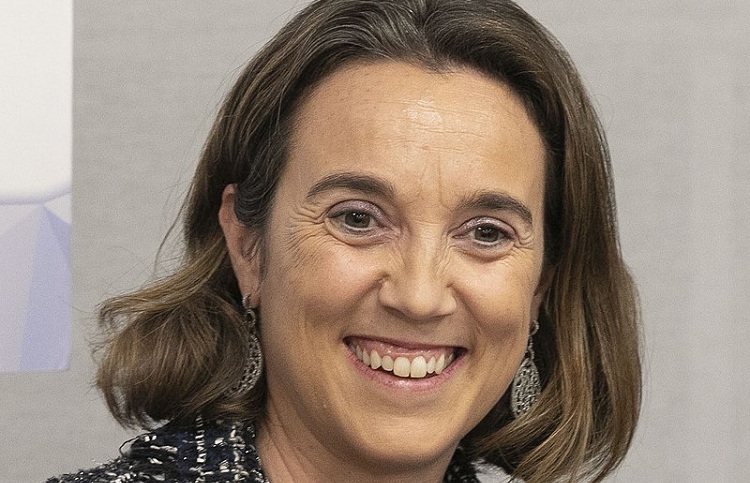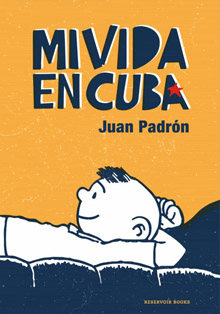The Diplomat
The Popular Parliamentary Group is going to try to get an urgent appearance of the recently appointed Minister of Foreign Affairs, José Manuel Albares, in the Congress to explain the Spanish position on the Cuban crisis and condemn “the dictatorship and repression” on the island.
As reported yesterday by the Europa Press agency, the PP has registered a non-legislative motion in which it urges the Government to condemn “the dictatorship and repression in Cuba” and to demand the release of all political prisoners and imprisoned journalists, among them ABC correspondent, Camila Acosta. The motion also asks the Government to support the democratic forces from the Spanish Embassy in Havana and to invite “members of the democratic opposition to all official receptions held at the Spanish Embassy in Havana”.
The proposal, signed by the PP spokeswoman in Congress, Cuca Gamarra; the deputy spokesman for Foreign Affairs, Pablo Hispán; and the spokeswoman in the Foreign Affairs Committee, Valentina Martínez, was presented after the President of the Government, Pedro Sánchez, and several members of his Executive avoided the term “dictatorship” and limited themselves to declaring that Cuba “is not a democracy”.
Apart from that, the PP intends to go further and is willing to use this non-legislative proposal to force a parliamentary debate and get Albares to appear before the Foreign Affairs Committee of the Lower House to explain Spain’s position on Cuba. Taking into account that in July and August there is no parliamentary activity, and in order to avoid that the debate on the bill be postponed until September, the main opposition party has decided to take this issue to the Permanent Deputation of the Congress in order to force the appearance of the minister this summer.
In the meantime, several former socialist officials, such as Nicolás Redondo Terreros, Joaquín Leguina or César Antonio Molina, gathered in the platform La España que reúne, have asked the Spanish Government to play “a crucial role” and to call “things by their name”, in reference to the term “dictatorship”.
For his part, the chairman of the European Parliament’s Foreign Affairs Committee, David McAllister, yesterday condemned “in the strongest terms the repressive measures against the peaceful protests taking place in Cuba” by “the longest-lived dictatorship in Latin America and the Caribbean”, and asked the EU High Representative, Josep Borrell, “within the framework of the Political Dialogue and Cooperation Agreement between the Republic of Cuba and the European Union, to urge the Cuban authorities to allow peaceful protests and to put an end to the brutal repression and arbitrary detentions”.







